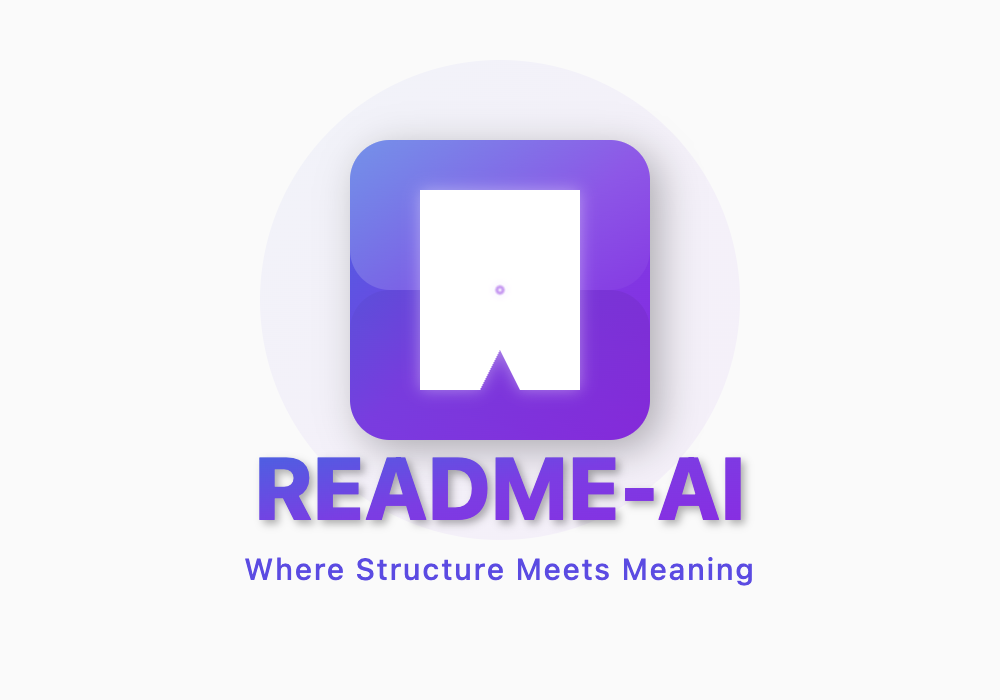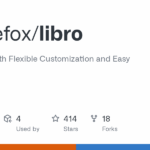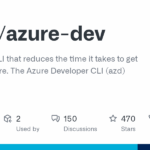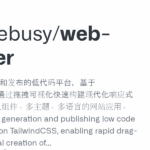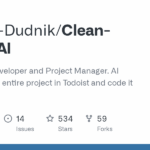readme ai
Basic Information
ReadmeAI is a developer tool that automatically generates project README files by analyzing a repository and using language models. It accepts a URL or local path and produces a well-structured README with sections such as project introduction, features, project structure, installation, usage, testing, and contribution guides. The project is model agnostic and can run with cloud LLM services or local models, and it supports an offline mode for local-only operation. ReadmeAI is designed to streamline documentation maintenance across languages and frameworks, apply best practices, and enable customization through templates, header styles, badges, logos, and emojis. It extracts metadata like dependencies and directory trees from the codebase using built-in parsers and supports common hosting platforms. The tool is distributed for Python 3.9+ with multiple installation options and is licensed under MIT.

